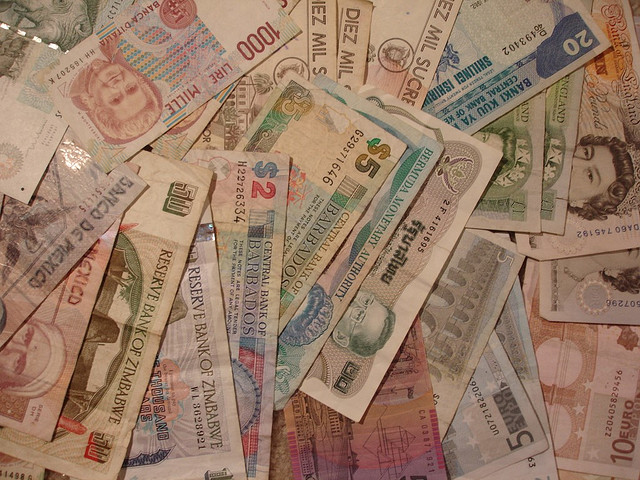“Vote buying is a major problem”
April 8th, 2013 Reported vote-buying became an issue in the most recent Barbados election, writes Leigh-Ann Worrell, 25, a Commonwealth Correspondent from St. Thomas, Barbados. She argues that the ugly practice comes at a price for all sides.
Reported vote-buying became an issue in the most recent Barbados election, writes Leigh-Ann Worrell, 25, a Commonwealth Correspondent from St. Thomas, Barbados. She argues that the ugly practice comes at a price for all sides.
How much is your vote worth?
An iPad? A few dollars? The promise of a cushy government job?
On February 21, three months of intense campaigning between Barbados’ two main political parties, the Barbados Labour Party and the Democratic Labour Party, concluded. For a few hours, the small island had a hung government, with both parties capturing 15 seats each. After three recounts, victory swung in favour of the Democratic Labour Party which eventually won 16-14.
Throughout the campaign, and even up to a few days ago, both sides of the divide lamented the “vote buying” that had been going on. Each side promised to bring “transparency” to the issue.
While it is understood that vote buying is a major problem in other countries around the world, the practice at the purported rate became a cause for alarm this year. In several newspaper reports, Barbadians willing admitted to taking money from persons representing political parties in exchange for a vote. In fact, one man was arrested for trying to take a picture of his ballot as proof he voted for the party that lined his pockets.
What was the cost of his vote? Jail time.
And even for those who got off scotch-free, what did their vote cost?
Integrity?
Pride in freely and fairly carrying out a civic duty?
In all of this, who is to blame, the buyers or sellers?
The buyers clearly have a vested interest: they want to run the country. Therefore, they are doing all in their power – and their chequebooks – to make that happen.
Based on the fact that no one has been arrested for paying people to vote, both the BLP and DLP parties are guilty of the ugly practice. It’s a clear contravention of the island’s electoral laws.
But what about the sellers?
Some of the people who admitted to selling their votes said they were unemployed or underemployed. Times are tough on the island, so why not take a hand-out or an iPad? Maybe it is that kind of thinking that got us all in trouble in the first place. No one wants to help or lend their neighbour home-grown vegetables anymore. It is all about “me.”
Instead of thinking about which political party was best for a tiny economy that is heavily dependent on tourism and foreign exchange in a turbulent financial situation, they decided to focus on a few dollars. They sold out.
Hopefully, large-scale vote buying in Barbados saw its last days in February 2013. The sad reality is, this ugly practice is probably only getting started.
Photo credit: <a href=”http://www.flickr.com/photos/glennharper/486871239/”>glennharper</a> via <a href=”http://photopin.com”>photopin</a> <a href=”http://creativecommons.org/licenses/by-nc-sa/2.0/”>cc</a>
…………………………………………………………………………………………………………………
About me:
I am a writer for Barbados Today. I am passionate about women’s rights issues, theatre arts and cats. I like hanging out with my friends, live for the beach and (sorta) enjoy cooking. I eventually to work in the gender and development field in any part of the world.
…………………………………………………………………………………………………………………
Opinions expressed in this article are those of the author and do not necessarily represent the views of the Commonwealth Youth Programme. Articles are published in a spirit of dialogue, respect and understanding. If you disagree, why not submit a response?
To learn more about becoming a Commonwealth Correspondent please visit: http://www.yourcommonwealth.org/submit-articles/commonwealthcorrespondents/
…………………………………………………………………………………………………………………




